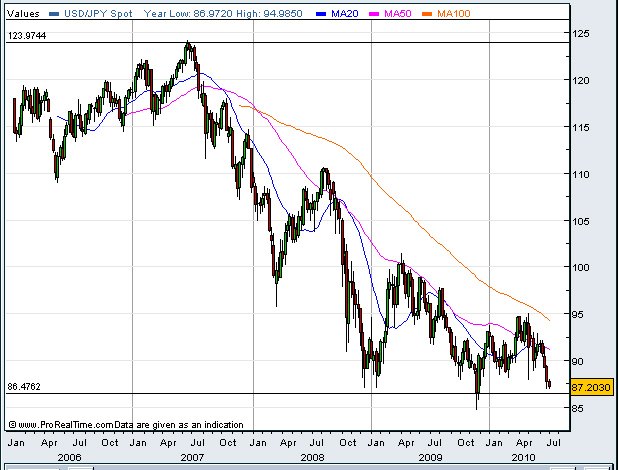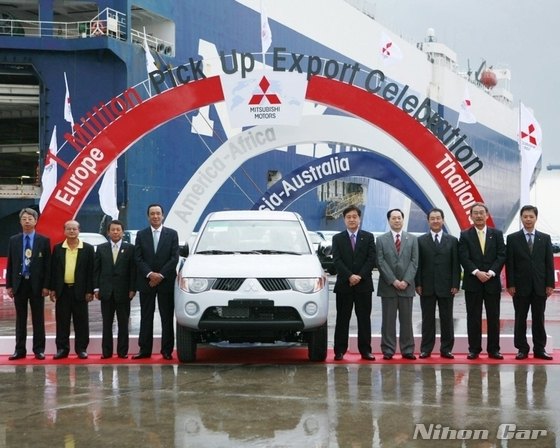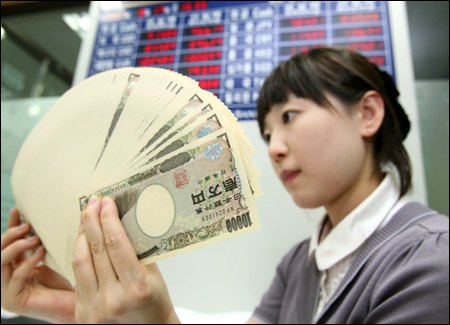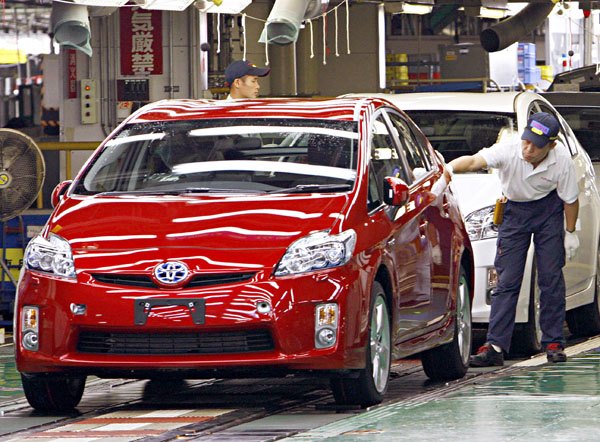#yen
Japanese Car Makers Worried About Sumo-Sized Yen
There was a time, in summer of 2007, when a dollar bought more than 120 yen. Once you arrived in Tokyo, you quickly wished it would have bought more. Now, the dollar buys about a third less. The dollar/yen rate had been at a downward trajectory since that summer of 2007. What made the yen really expensive was a company called Lehman Brothers, and the fallout following their bankruptcy in 2008. For inexplicable reasons, the yen is seen as a safer currency than the greenback. Should you make the mistake of stepping off the plane with Euros in your pocket, you would be in for an even bigger shock. In July 2008, a Euro bought 170 yen. Now, it’s down to 109. For even more inexplicable reasons, some mentally unstable people still talk about an undervalued yen.
You may not travel to Tokyo frequently enough to give a hoot. But Japanese auto manufacturers don’t want to take it any more.
Japanese Carmakers Are Leaving The Country
Still convinced that the Yen is undervalued? Japanese carmakers beg to differ. They think the Japanese currency became so expensive that it gets cheaper for them to build abroad and to import to Japan. We’ve reported that Nissan is moving the production of their Micra (called March in Asia) to Thailand. When they did this, The Nikkei [sub] saw “huge implications for the future of the Japanese auto industry as a whole.” It certainly looks like Nissan’s exodus to the Land Of Smiles ( and occasional riots) started a trend.
Strong Yen Drives Japanese Auto Makers Out Of The Country
If anybody will again blather about a “weak yen” that has been “manipulated by the Japanese government,” then I’ll personally come visit, with the intent to insert a sock in the mouth. For reasons explicable only to forex mavens, the currency of the economic basked case Japan keeps on getting stronger. Japan’s car manufacturers think this will continue, and they are taking precautions. More precisely, they are taking production out of Japan.



















Recent Comments